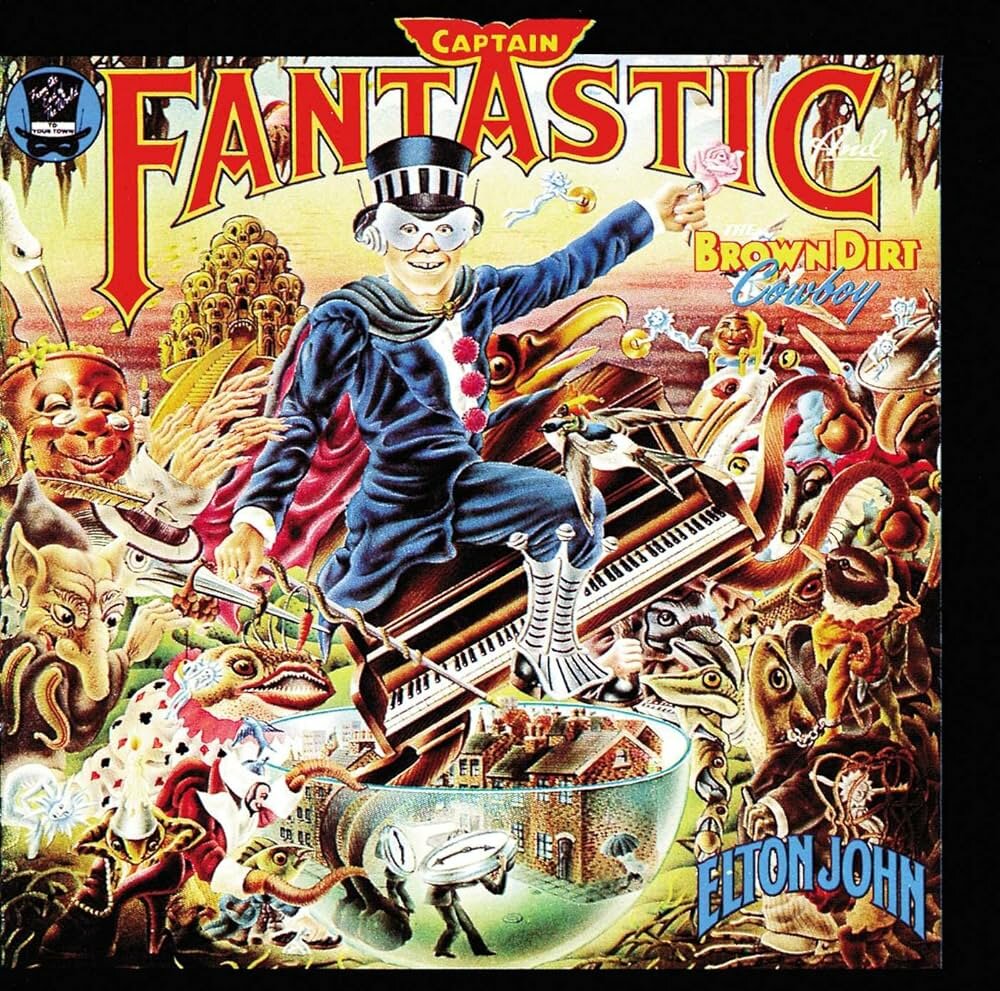Nuova settimana con la rubrica Musical Disclosure. Questa settimana restiamo in Gran Bretagna con i Muse.
I Muse nascono all'inizio degli anni '90 a Teignmouth, in Inghilterra, dall'unione di due gruppi scolastici: i "Gothic Plague" di Matthew Bellamy e Dominic Howard e i "Fixed Penalty" di Chris Wolstenholme. Bellamy convince Wolstenholme a passare dalla batteria al basso, formando così una nuova band. Ribattezzati "Rocket Baby Dolls", i tre partecipano a una competizione scolastica nel 1994, salendo sul palco pesantemente truccati nello stile dei The Cure. La loro esibizione culmina con Bellamy che distrugge le attrezzature sul palco, impressionando la giuria e vincendo il primo premio. Questo successo convince i membri del gruppo a dedicarsi alla musica a tempo pieno. Dopo aver cambiato nome in Muse, la band inizia a suonare in vari locali di Londra e Manchester, attirando l'attenzione di Dennis Smith, presidente del Sawmills Studio. Questo incontro porta alla registrazione e pubblicazione del loro primo EP omonimo, seguito dal "Muscle Museum EP", che attira l'attenzione del critico musicale Steve Lamacq e del settimanale NME. Nonostante il successo degli EP, le etichette discografiche britanniche sono riluttanti a scritturare i Muse a causa del timbro vocale acuto di Bellamy. Tuttavia, la statunitense Maverick Records nota il loro potenziale e li mette sotto contratto, permettendo loro di suonare negli Stati Uniti. Il loro album di debutto, Showbiz (1999), prodotto da John Leckie, rivela una sorprendente maturità musicale per una band emergente e permette ai Muse di aprire concerti per band come Foo Fighters e Red Hot Chili Peppers negli Stati Uniti. Tra il 1999 e il 2000, i Muse suonano in importanti festival europei e in concerti in Giappone e Australia, guadagnandosi una base di fan sempre più ampia. Nel 2001, la band pubblica il suo secondo album, Origin of Symmetry, un lavoro più duro e sperimentale che vede l'uso di strumenti inusuali come organo, mellotron e un drumset espanso. Nel 2003, i Muse rilasciano Absolution, prodotto da Rich Costey: questo album consolida la loro fama internazionale e continua la direzione musicale di Origin of Symmetry, mescolando influenze classiche con un suono più duro. Absolution viene descritto come un concept album con tematiche legate alla fine del mondo e alla cospirazione politica. Il punto culminante di questo periodo è la loro esibizione al Glastonbury Festival nel 2004, descritta da Bellamy come "il miglior concerto della nostra vita". Tuttavia, la gioia è offuscata dalla tragica morte del padre di Dominic Howard subito dopo il concerto. Nonostante questo dramma, la band continua il tour, supportata dal successo critico e commerciale dell'album.
L'ascolto di oggi è Plug In Baby, tratto da Origin of Symmetry.












